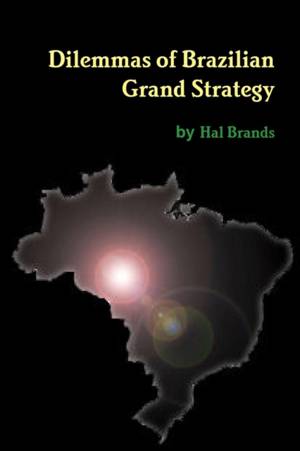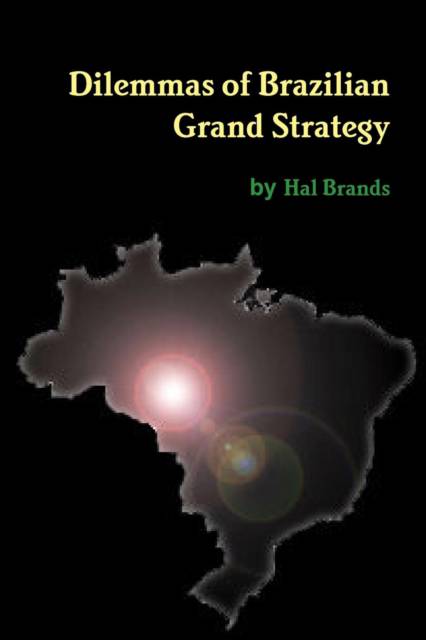
- Afhalen na 1 uur in een winkel met voorraad
- Gratis thuislevering in België vanaf € 30
- Ruim aanbod met 7 miljoen producten
- Afhalen na 1 uur in een winkel met voorraad
- Gratis thuislevering in België vanaf € 30
- Ruim aanbod met 7 miljoen producten
Zoeken
Omschrijving
This is a review of Brazilian grand strategy under President Luiz Inácio Lula da Silva. During Lula's nearly 8 years in office, he has pursued a multi-tiered grand strategy aimed at hastening the transition from unipolarity to a multipolar order in which international rules, norms, and institutions are more favorable to Brazilian interests. Lula has done so by emphasizing three diplomatic strategies: soft-balancing, coalition-building, and seeking to position Brazil as the leader of a more united South America. This strategy has successfully raised Brazil's profile and increased its diplomatic flexibility, but it has also exposed the country to four potent strategic dilemmas that could complicate or undermine its ascent. These touch on issues ranging from anemic macroeconomic performance to rising tensions in Brazil's relationship with the USA. The efficacy of Brazilian grand strategy-and its implications-will be contingent on how Lula's successors address these dilemmas.
Specificaties
Betrokkenen
- Auteur(s):
- Uitgeverij:
Inhoud
- Aantal bladzijden:
- 86
- Taal:
- Engels
Eigenschappen
- Productcode (EAN):
- 9781300039150
- Verschijningsdatum:
- 31/07/2012
- Uitvoering:
- Paperback
- Formaat:
- Trade paperback (VS)
- Afmetingen:
- 152 mm x 229 mm
- Gewicht:
- 136 g

Alleen bij Standaard Boekhandel
+ 32 punten op je klantenkaart van Standaard Boekhandel
Beoordelingen
We publiceren alleen reviews die voldoen aan de voorwaarden voor reviews. Bekijk onze voorwaarden voor reviews.











